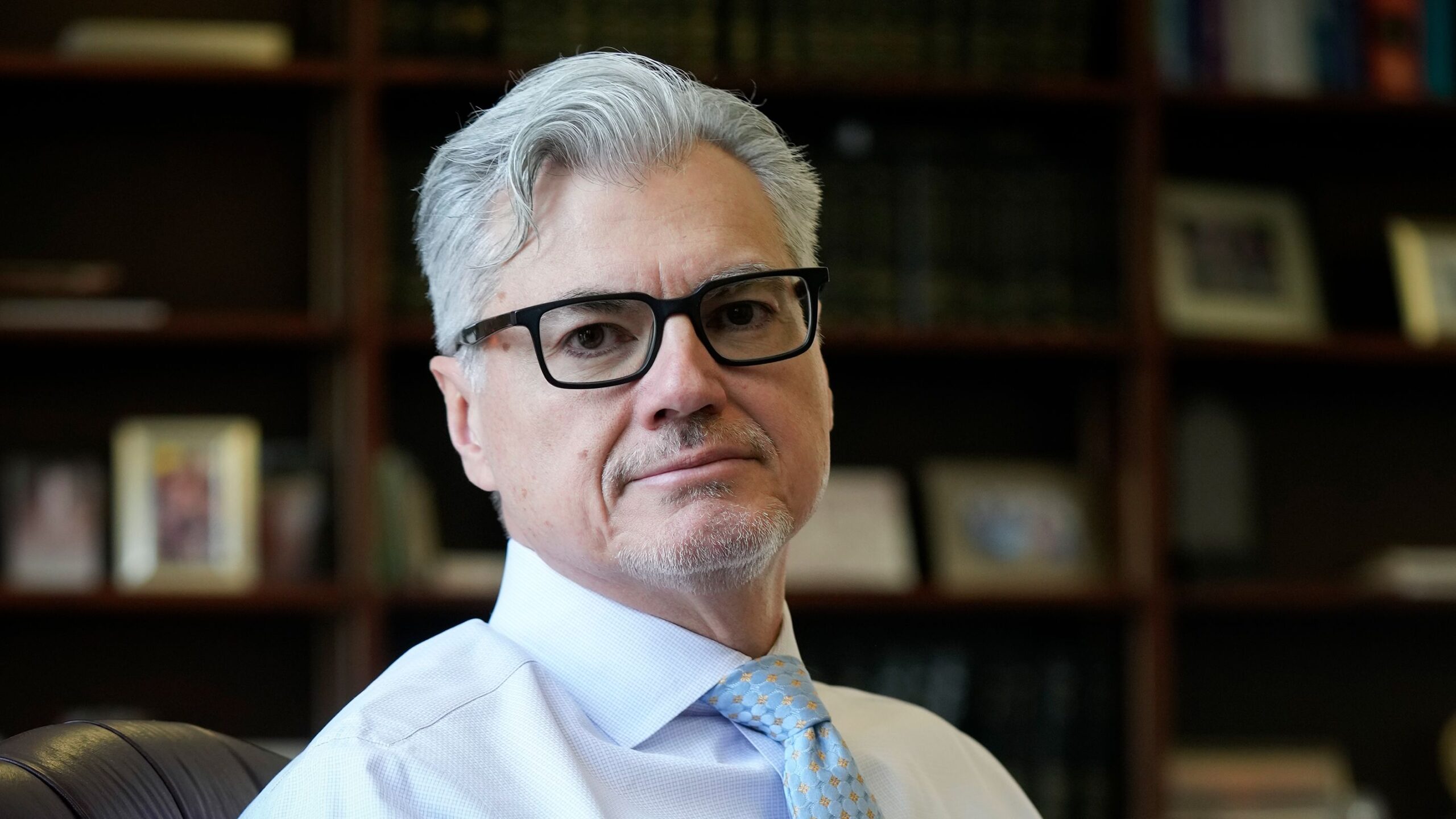In an unprecedented legal and political development, New York Judge Juan Merchan has scheduled President-elect Donald Trump’s sentencing for January 10, 2025, just ten days before he is set to be sworn in as the 47th President of the United States. The sentencing follows Trump’s conviction on 34 felony counts of falsifying business records related to hush money payments made during the 2016 presidential campaign.
This historic case marks the first time in U.S. history that a President-elect faces sentencing for criminal charges while preparing to take office. The decision to schedule sentencing so close to Inauguration Day underscores the unique challenges of balancing legal accountability with political and governmental continuity.
Details of the Sentencing
Judge Merchan has indicated that he does not plan to impose a sentence of incarceration or significant penalties on Trump. Instead, the President-elect is expected to receive an “unconditional discharge,” meaning he will face no jail time, fines, or probation.
“The decision to avoid imposing a custodial sentence reflects the court’s recognition of the extraordinary circumstances surrounding this case,” legal analysts have noted. An unconditional discharge would enable Trump to assume office without the burden of legal entanglements affecting his duties as President.
The Charges Against Trump
The charges stem from payments made during the 2016 presidential campaign to adult film actress Stormy Daniels. These payments were allegedly intended to buy her silence about an affair she claimed to have had with Trump. Prosecutors argued that the payments were improperly documented in Trump’s business records to conceal their connection to the campaign, constituting a violation of New York state law.
Trump’s legal team argued that the payments were a personal matter unrelated to campaign activities. Nevertheless, the court found sufficient evidence to convict him on all 34 counts of falsifying business records, a felony under New York law.
Legal Immunity and Dismissal Efforts
Trump’s attorneys sought to dismiss the conviction based on a July 2024 Supreme Court ruling that expanded presidential immunity for official acts. They contended that certain evidence presented during the trial was inadmissible because it pertained to actions protected under this new interpretation of presidential immunity.
However, Judge Merchan rejected the defense’s arguments, ruling that the evidence in question related to personal actions, not official duties, and that its inclusion in the trial was ultimately “harmless” given the overwhelming evidence presented by the prosecution.
“The court carefully weighed the arguments and determined that the verdict stands as a reflection of the law,” Merchan stated in his ruling.
Implications for the Presidency
Trump’s conviction and sentencing create an unprecedented scenario for the incoming administration. While the decision to avoid incarceration or financial penalties mitigates immediate disruptions to the transition of power, the fact that a President-elect faces sentencing for felony charges remains a significant development.
Legal experts emphasize the broader implications. “This case will set a historical precedent for how criminal accountability intersects with high office,” said constitutional law scholar Dr. Amanda Frey. “It raises questions about the extent to which elected officials can operate above the law while balancing their responsibilities.”
Political Reactions
The decision has drawn mixed reactions from across the political spectrum.
Supporters of Trump argue that the judge’s leniency is appropriate given the proximity to the inauguration and the importance of a smooth transition of power. They also contend that the charges were politically motivated and part of a broader effort to undermine Trump’s presidency and reelection bid.
Critics, however, have expressed concerns about the potential precedent this sets for accountability. “Allowing someone convicted of felonies to assume the highest office in the land without facing significant consequences undermines the rule of law,” said Democratic Congresswoman Maria López.
Former President Trump himself has dismissed the charges as a “witch hunt” and maintains that he did nothing wrong.
The Road Ahead
As January 10 approaches, Trump’s legal team is expected to continue exploring avenues for appeal or dismissal. Meanwhile, the nation is watching closely as this case unfolds, setting the stage for what promises to be one of the most scrutinized inaugurations in U.S. history.
The intersection of Trump’s legal battles and his return to the presidency underscores the deeply polarized state of American politics. While his supporters view the sentencing as a political ploy, critics see it as a necessary assertion of legal accountability for even the most powerful individuals.
Regardless of perspective, the implications of this case are profound. How the justice system and the political apparatus handle these circumstances will shape public perceptions of accountability, leadership, and the balance of power in the years to come.

